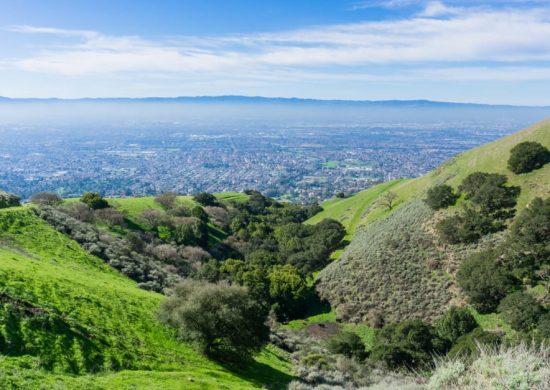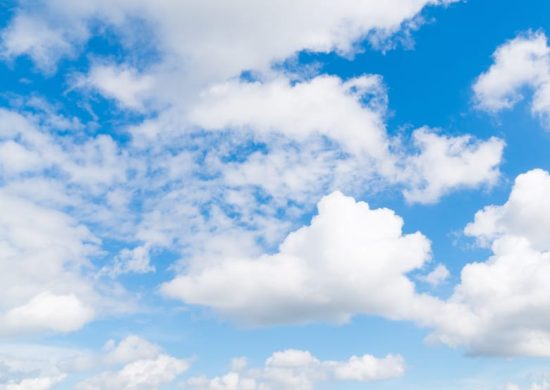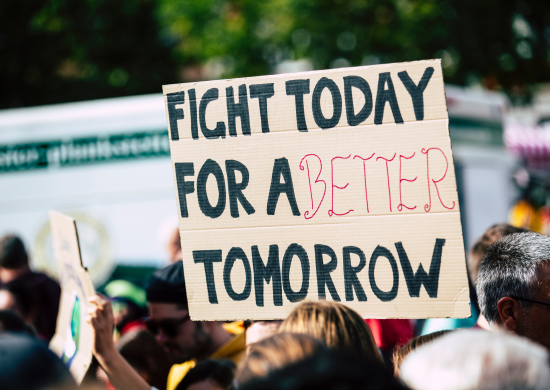What do we know about climate change? How fast is it happening? What are the impacts? How quickly do we need to react?
Thousands of scientists have come together to answer these questions and more. Known as the Intergovernmental Panel on Climate Change (IPCC), they are finishing their most recent report this year. It is known as the Fifth Assessment Report because they have been doing these reports every few years since 1990. And if they sound familiar, that is because it is the same organization that won the Nobel Peace Prize with Al Gore in 2007.
I have summarized what they found, in lay terms, below but the “Summaries for Policymakers” and the full reports are available here. The final report in this series, a synthesis, will be released this fall.
— Climate change is happening and has warmed the planet by about 0.8°C already (that is 1.4° Fahrenheit).
— Scientists are virtually certain (95%) that global warming is caused by people.
— The impacts of climate change are already being felt and include reduced snow pack, reduced crop yields, and shifting territories for many species.
— The impacts are expected to worsen over time.
— Poor people are especially vulnerable to the impacts of climate change.
— Stabilizing the climate becomes more difficult and more expensive the longer we wait.
— To keep global warming to the 2°C (or 3.6°F) above preindustrial levels agreed to by most governments in Copenhagen, emissions need to peak by 2020. If we wait until 2030, the costs are much higher and the options are fewer.
— While a number of governments have already pledged to take action on climate, those reductions alone aren’t enough to keep us to 2° Celsius in warming.
More must be done, globally, nationally, and locally.



